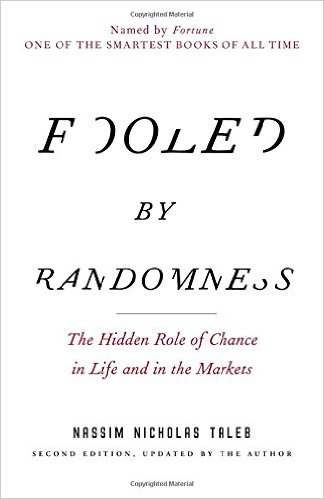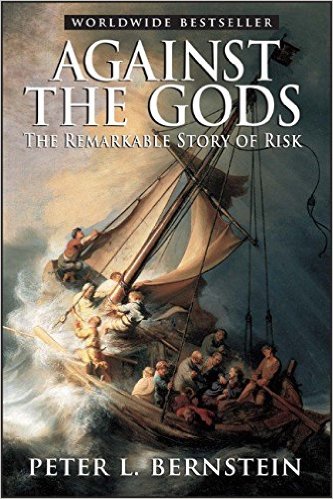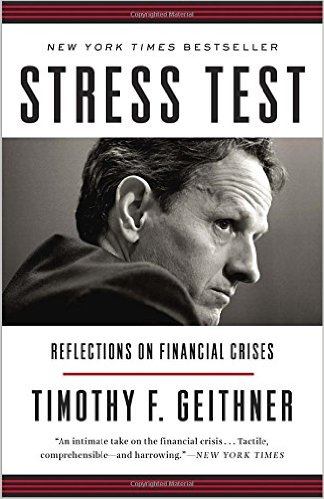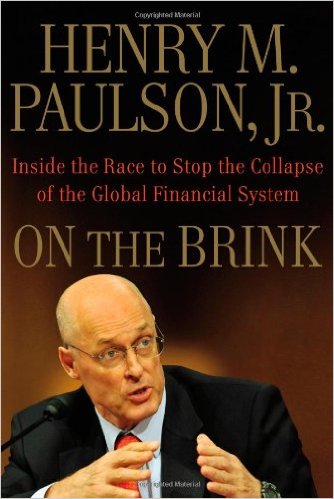 This week on our Masters in Business radio podcast, we speak with Howard Marks of Oaktree Capital. We last had him in the studio July 2015, and we were overdue for a revisit. (Hear that earlier interview here).
This week on our Masters in Business radio podcast, we speak with Howard Marks of Oaktree Capital. We last had him in the studio July 2015, and we were overdue for a revisit. (Hear that earlier interview here).
He formed Oaktree Capital with his partners in 1995, running high-yield bonds, distressed debt, private equity, and other credit based strategies. Oaktree now manages 22 separate debt funds, totaling over $100 billion dollars in AUM. Their returns have averaged over 19% per year (after fees!) over the past 22 years.
Marks had the foresight to set up an 11 billion dollar distressed fund (7B) raising capital from March 2007-08. By June 2008 they had called 12% of it; following the collapse of Lehman Brothers on September 15th 2008, they began putting half a billion dollars per week to work in the credit marks. They finished the year about 70% invested, deploying 6.5 billion dollars by years end:
“All you had to do to make money in the crisis – was have money to spend and the nerve to spend to it. You didn’t need caution, conservatism, risk control, patience selectivity, discipline, any of those things. All you needed was money & nerve. But not all the time, because sometime money and nerve will get you killed. One of the keys to investing is to know which is which.”
Perhaps best known for his Chairman’s Memos that he has been writing since 1990. Marks describes the first decade of printing them, inserting them into envelopes and physically mailing them off into the world. He received precisely zero response. It wasn’t until his January 2000 letter “Bubble.com” that he there seemed to be any evidence people were reading them.
At Warren Buffett’s urging, he wrote the book The Most Important Thing.
Listen to the show live on Bloomberg Radio. The full podcast is available on iTunes, SoundCloud and on Bloomberg. All of our earlier podcasts can be found iTunes, Soundcloud, and Bloomberg.
The books he discusses are available after the jump.
Next week, we speak with Professor Jeffrey Sachs of Columbia University.
Pioneering Portfolio Management: An Unconventional Approach to Institutional Investment Pioneering by David Swensen

A Short History of Financial Euphoria by John Kenneth Galbraith

Fooled by Randomness: The Hidden Role of Chance in Life and in the Markets by Nassim Taleb

Against the Gods: The Remarkable Story of Risk by Peter Bernstein

Stress Test: Reflections on Financial Crises by Timothy Geithner

On the Brink: Inside the Race to Stop the Collapse of the Global Financial System by Henry Paulson

Security Analysis: The Classic 1934 Edition by Benjamin Graham


